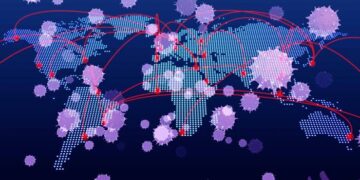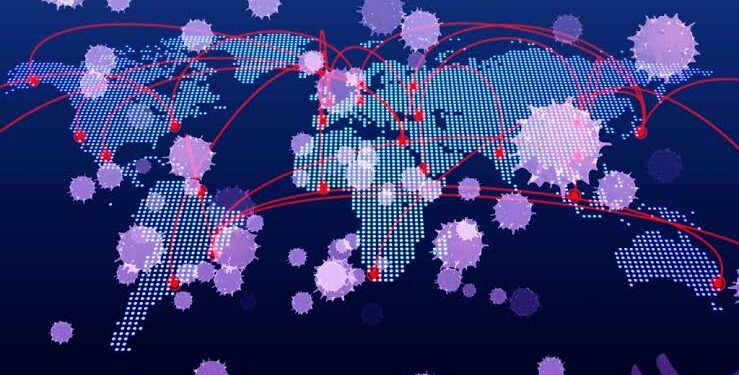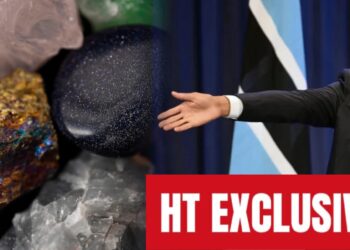By John Ikani
U.S. intelligence agencies said on Friday that they may never be able to identify the origins of COVID-19, as they released a new, more detailed version of their review of whether the coronavirus came from animal-to-human transmission or leaked from a lab.
President Joe Biden ordered the nation’s intelligence agencies in May to conduct a 90-day inquiry into the origins of the pandemic. When the key findings of that review were released in August, they failed to offer a single answer and instead reaffirmed the longstanding position of the agencies: The theory that the virus occurred naturally and the theory that it was accidentally created in a lab were both plausible.
But the report on Friday reiterated that the evidence to support either conclusion was thin, and that U.S. intelligence agencies know far too little about the origin of the virus.
The report was released amid intense political infighting over how much to blame China for the effects of the global pandemic rather than governments that may not have moved quickly enough to protect citizens.
It also dismissed suggestions that the coronavirus originated as a bioweapon, saying proponents of this theory “do not have direct access to the Wuhan Institute of Virology” and have been accused of spreading disinformation.
China responded on Friday by criticizing the report.
“The US moves of relying on its intelligence apparatus instead of scientists to trace the origins of COVID-19 is a complete political farce,” Liu Pengyu, a Spokesperson for the Chinese Embassy in Washington, said in an emailed statement.
“It will only undermine science-based origins study and hinder the global effort of finding the source of the virus,” the statement said.
Former Republican President, Donald Trump – who lost his bid for re-election as the deadly pandemic ravaged the U.S. economy – and many of his supporters referred to COVID-19 as the “China virus.”
The report said U.S. agencies and the global scientific community lacked “clinical samples or a complete understanding of epidemiological data from the earliest COVID-19 cases” and said it could revisit this inconclusive finding if more evidence surfaces.
China has faced international criticism for failing to cooperate more fully in investigations of COVID’s origins.
The Embassy statement also dismissed that criticism.
“We have been supporting science-based efforts on origins tracing, and will continue to stay actively engaged. That said, we firmly oppose attempts to politicize this issue,” it said.




































